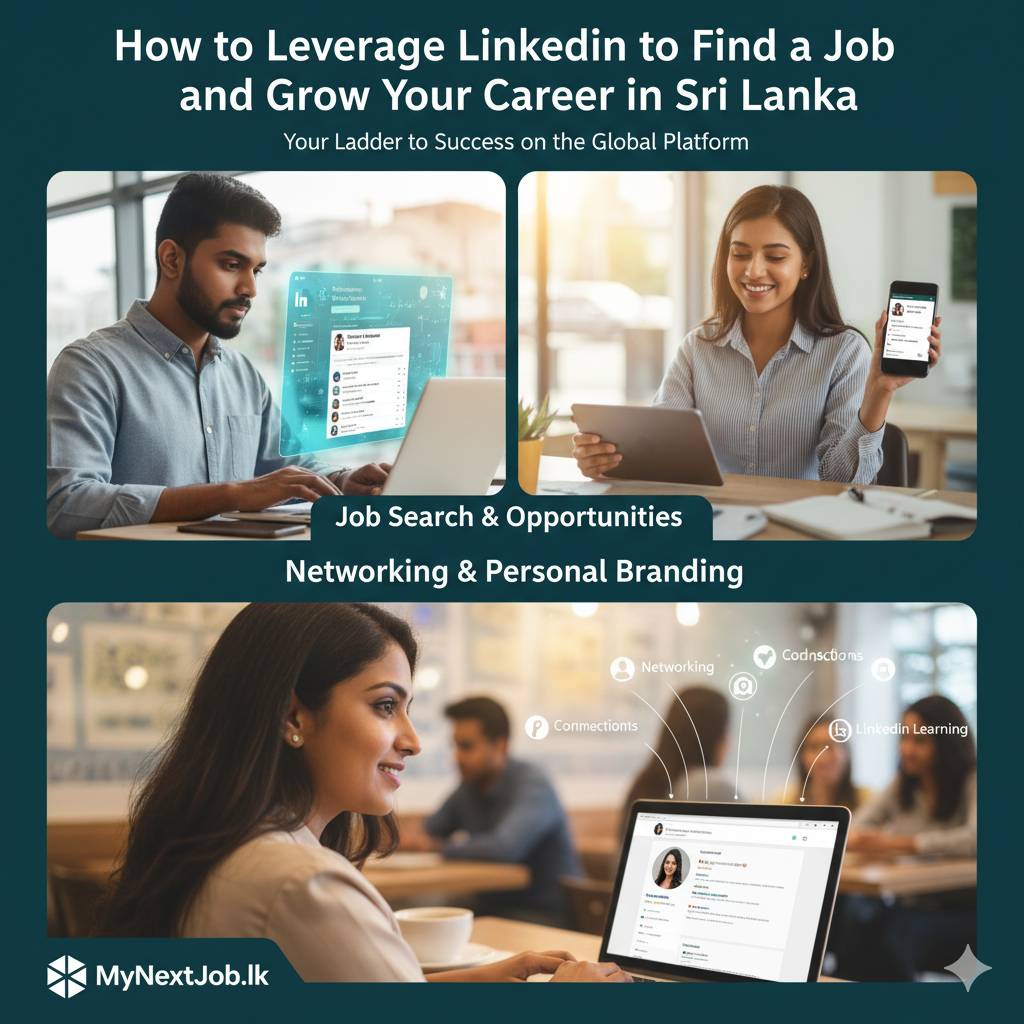In the path to professional excellence, you need more than just ambition; you need a blueprint from someone who has already navigated the landscape. A strong career mentorship relationship is arguably the most powerful catalyst for career advancement, providing insider knowledge and preventing costly mistakes that are common in highly hierarchical environments.
This guide explains why mentorship is crucial for the ambitious professional and provides actionable tips on how to find, approach, and nurture a relationship with a senior leader in Sri Lanka.
1. Formalizing the Guide: Local Programs and Structure
While an informal coffee chat is a great start, formal programs offer structure and accountability, which are highly valued in the corporate world.
- Professional Bodies: Many of the most influential bodies in Colombo run formal programs. Look for mentorship opportunities offered by **CA Sri Lanka (The Institute of Chartered Accountants)** for finance professionals or the **SLASSCOM** forums for those in the IT/BPM sector. These programs officially pair you with a successful senior member.
- Meeting Frequency: Don’t overcommit your mentor. Successful mentorships typically start with bi-weekly meetings (45–60 minutes) for the first 1-2 months to establish goals, then shift to a consistent **monthly cadence** for long-term growth. Quality always outweighs quantity.
- Mutual Learning: Frame the relationship as a two-way street. While you gain career advice, your mentor gains a fresh perspective on industry trends, technology, and the mindset of the next generation of talent.
2. The Challenge: Respectfully Reaching Out to a Senior Leader
The biggest hurdle is overcoming the fear of approaching a busy, high-ranking professional. Your outreach must be respectful, specific, and brief.
- Do Your Research: Never send a generic request. On LinkedIn, mention a specific achievement of theirs you admire, a speech they gave, or a company initiative they led. This proves you value their expertise, not just their title.
- The “Small Ask” Rule: **Do not ask them to be your “mentor” in the first email.** Instead, ask for a small favor: “I would be grateful for a 15-minute phone call or coffee chat to gain your perspective on the future of the [your industry] market.” This respects their time and makes a positive first impression.
- Maintain Politeness and Titles: Always address them using their title (Mr./Ms. or Dr./Eng.) until they explicitly invite you to use their first name. Sign off professionally (e.g., “Sincerely”).
- The Follow-Up: If you don’t hear back after one week, send **one** polite follow-up email. If they still don’t reply, accept it gracefully and move on to the next potential mentor.
3. Cultivating the Relationship for Long-Term Gain
Your mentor is not a job placement service or a therapist. Your role as a mentee is to be proactive and accountable.
- Set Clear Goals: Come to every meeting with a clear, concise agenda. Ask specific questions like: “I am deciding between the **CFA and CIMA** qualification. Given my career goal in strategic finance, what is your advice?
- Be Proactive and Accountable: When your mentor gives advice, take action and report back on the results in the next meeting. There is nothing more frustrating for a mentor than giving excellent guidance that is ignored.
- Say Thank You and Update: Always send a thank-you note after every meeting. Even between meetings, send your mentor a short email with an update on your progress or an article you think they would find interesting. This keeps the relationship warm and demonstrates your continued engagement.
A successful career mentorship is a two-way exchange built on mutual trust. It is the single best investment you can make in your own professional success.
The following video provides excellent tips on how to effectively reach out and connect with potential mentors.
[How to Ask Someone to Mentor You | It’s Your Yale](https://www.youtube.com/watch?v=Ohj1EYwLwnM)





